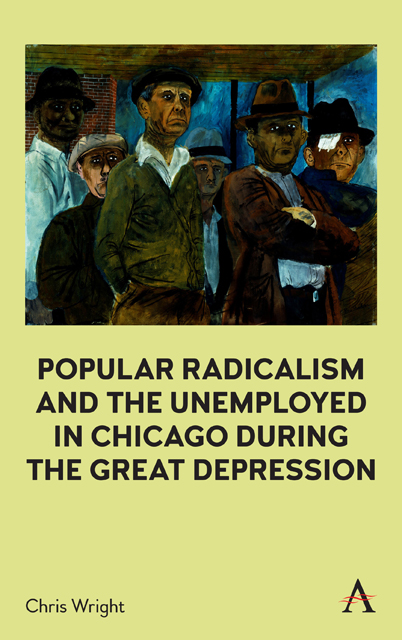Summary
Capitalism and mass unemployment are inseparable. Ever since the destruction of the English handloom weavers following the introduction of the power loom in the early nineteenth century, the presence of a “reserve army of the unemployed” has been a permanent feature of industrial capitalist society. Through perpetual structural change and business cycles, capitalism has manufactured unemployment no less reliably than industrial innovation, environmental degradation, and class conflict. The subject of this book is the collective suffering and struggles of the long-term unemployed during one of the great upheavals in American history, the Great Depression.
Unemployment during the Depression is hardly a novel subject of historical inquiry, so the question immediately arises, Why return to a topic that historians have already studied? Can anything new be said? In part, my interest in this old topic has been motivated by ominous parallels between the political economy of the present-day United States and the political economy that eventuated in the Depression. The most obvious parallel, for example, is the extreme income and wealth inequality of the two eras. “U.S. wealth concentration,” the economist Gabriel Zucman wrote in 2019, “seems to have returned to levels last seen during the Roaring Twenties.”1 This parallel is rooted, to some extent, in the comparable weakness of organized labor in the 1920s and today. Similar stock market bubbles, too, have helped cause the wealth inequality of the two analogous eras. The income of the working class has, in both cases, stagnated as expansions of consumer credit have been necessary to keep the economy growing. In 1929, the weakness of aggregate demand that had been covered up by massive extensions of credit was largely responsible for the greatest economic contraction in the history of capitalism. It would be reasonable to conclude, in short, that we have a bleak future ahead.
But this fact in itself is hardly sufficient justification to write another social history of the unemployed. Rather, the justification, I hope, is that my interpretation differs from that of earlier scholars. Instead of simply describing the history for the sake of describing it, I want to use it to support a certain point of view about the nature of society.
- Type
- Chapter
- Information
- Publisher: Anthem PressPrint publication year: 2022

